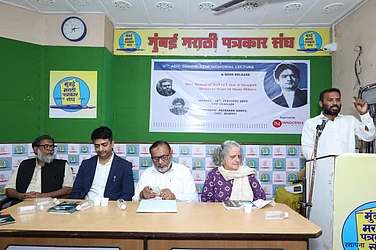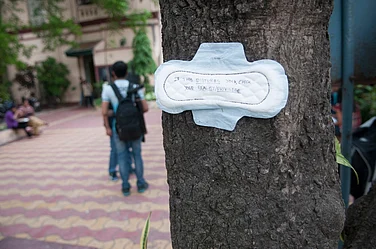Police personnel committing serious offences, infringing the fundamental rights of citizens, would attract dismissal from service too, the Madras High Court has said.
In a recent ruling on a writ petition, filed by the wife of a Special police sub-inspector (SSI) who was dismissed from service for misbehaviour, Justice S M Subramaniam observed that the authorities had rightly given the punishment of dismissal after taking into consideration all the consequences.
The charge against SSI Baskaran was that he had entered into the house of Bajaria, the complainant, on April 28, 2012 midnight and had threatened her and her daughter and misbehaved with them. In 2012, the SSI was attached to Needamangalam police station in Thanjavur district. He was later dismissed following enquiry.
The writ petition from B Parimala, wife of Baskaran, sought to quash the dismissal order. Dismissing the petition, the judge observed that the authorities had found that the husband of the writ petitioner became a 'misfit' to serve in the uniformed force.
Men in uniform entering a house during midnight, where two women alone were staying and misbehaving with them, would be a serious offence inviting the maximum punishment of dismissal from service.
The findings of the enquiry officer was undoubtedly based on documents and evidence and more so, the prosecution witnesses categorically deposed about the incident. The preliminary enquiry conducted by a Police Deputy Superintendent (DSP) also revealed that the complainant had narrated the entire incident and it was established.
To prove charges in departmental disciplinary proceedings, 'preponderance of probabilities' are sufficient. In the present case, the preliminary enquiry was conducted by the DSP and even during the domestic enquiry conducted, only after affording opportunity to the charged official, the charges were proved.
Thus, the punishment of dismissal from service based on the proved charges, which all are grave in nature, cannot be construed as disproportionate, the judge said and upheld the dismissal order.
(With PTI Inputs)


























